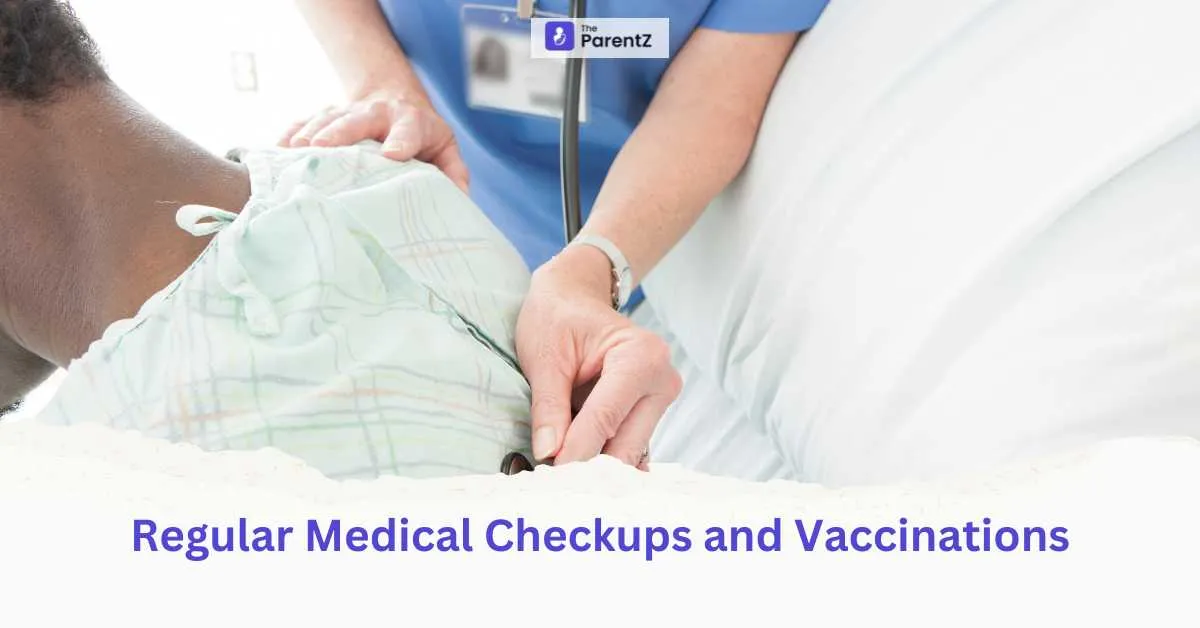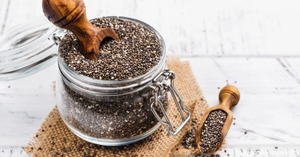Seasonal illnesses like cold and flu can be more than just inconvenient; they can lead to complications, disrupt daily life, and, in severe cases, pose serious health risks. Amidst these concerns, regular medical checkups and vaccinations serve as essential strategies to protect yourself and your loved ones from these common but potentially serious infections. This article delves into the significance of regular health monitoring and vaccinations, emphasizing their role in preventing and managing cold and flu effectively.
Understanding Cold and Flu: A Recap
Before exploring preventive measures, it’s essential to understand the nature of these illnesses:
- Common Cold: Typically caused by various viruses (e.g., rhinoviruses), the common cold leads to symptoms such as runny nose, sore throat, and congestion. While generally mild, it can weaken the immune system, making individuals more susceptible to other infections.
- Influenza (Flu): Caused by influenza viruses, the flu is more severe than a cold. It can trigger fever, muscle aches, fatigue, and, in some cases, lead to severe complications like pneumonia, especially in vulnerable populations such as the elderly, children, and those with chronic illnesses.
Both illnesses are highly contagious, spreading through respiratory droplets and contaminated surfaces.
The Importance of Regular Medical Checkups
Regular medical checkups play a vital role in maintaining overall health and preventing cold and flu complications:
1. Early Detection and Prevention
Medical checkups offer a platform for early identification of risk factors or underlying conditions that could amplify the severity of cold or flu. For example:
- Chronic conditions like asthma, diabetes, or heart disease can worsen flu outcomes.
- Weak immune systems due to malnutrition, autoimmune disorders, or stress make individuals more susceptible to infections.
2. Monitoring Immunity
Doctors can assess whether an individual’s immune system is functioning optimally through blood tests and other evaluations. They can recommend interventions to boost immunity, such as:
- Dietary adjustments
- Supplements for vitamins like C and D
- Lifestyle changes
3. Customizing Prevention Plans
Healthcare professionals can tailor strategies to suit specific needs, such as:
- Identifying allergy triggers that mimic cold symptoms
- Advising on antiviral medications or additional vaccines for high-risk individuals
The Power of Vaccinations in Preventing Cold and Flu
Vaccinations are a cornerstone of public health and are particularly crucial during the cold and flu season. Here’s why:
1. Flu Vaccination: Your First Line of Defense
The annual influenza vaccine is designed to protect against the most prevalent flu strains of the season. It is especially important for:
- Seniors (65+)
- Pregnant women
- Young children
- Healthcare workers
Effectiveness: While the flu vaccine does not guarantee 100% immunity, it significantly reduces the risk of severe illness, hospitalizations, and death.
Timing: Experts recommend getting vaccinated before the flu season peaks, typically by October in the Northern Hemisphere.
2. Pneumococcal Vaccination: A Companion Protection
Pneumococcal infections can be a complication of the flu, leading to pneumonia, meningitis, or bloodstream infections. Vaccines like Pneumovax 23 and Prevnar 13 are essential for:
- People aged 65 and above
- Individuals with weakened immune systems or chronic illnesses
3. COVID-19 Vaccination
Given the overlapping symptoms of flu and COVID-19, ensuring vaccination against COVID-19 is equally critical to reducing the healthcare burden and preventing co-infections.
How Checkups and Vaccinations Work Together
Integrated Care Approach
During regular medical visits, healthcare providers can:
- Update vaccination records and administer recommended vaccines.
- Offer reminders for upcoming vaccine boosters.
- Monitor and manage any adverse reactions post-vaccination.
Post-Illness Recovery Plans
For those who catch a cold or flu, medical checkups provide a path for recovery and complication prevention, including:
- Identifying secondary infections (e.g., sinusitis, ear infections)
- Recommending antiviral medications like oseltamivir (Tamiflu)
Additional Strategies Complementing Medical Checkups and Vaccinations
Preventing cold and flu requires a holistic approach that goes beyond doctor visits. Here are additional measures to enhance protection:
1. Hygiene Practices
- Wash hands frequently with soap for at least 20 seconds.
- Use alcohol-based hand sanitizers when soap is unavailable.
- Avoid touching your face, especially the nose, mouth, and eyes.
2. Healthy Lifestyle
- Balanced Diet: Incorporate immunity-boosting foods such as citrus fruits, leafy greens, and nuts.
- Regular Exercise: Moderate physical activity enhances immune function.
- Adequate Sleep: Poor sleep weakens immunity, making the body more vulnerable to infections.
3. Environmental Precautions
- Disinfect frequently-touched surfaces like doorknobs, mobile phones, and keyboards.
- Use humidifiers to prevent dry nasal passages, which can be more susceptible to infections.
- Practice respiratory etiquette by covering your mouth and nose with a tissue or elbow when coughing or sneezing.
Addressing Common Concerns About Vaccinations
Some individuals hesitate to get vaccinated due to myths or misconceptions. Let’s address these:
“I don’t need a flu shot every year.”
- Flu viruses mutate rapidly, and the vaccine is updated annually to match the most common strains.
“Vaccines cause the flu.”
- The flu vaccine contains inactive viruses that cannot cause infection. Mild side effects like soreness or low-grade fever are signs of immune activation, not illness.
“I’m healthy, so I don’t need a vaccine.”
- Even healthy individuals can contract the flu and spread it to more vulnerable populations. Vaccination reduces community transmission.
Special Considerations for Vulnerable Groups
Children
- Infants and young children have immature immune systems, making them prone to severe flu complications. Regular pediatric visits ensure timely vaccinations and guidance for parents.
Seniors
- Aging weakens the immune response. Vaccines tailored for older adults, like the high-dose flu vaccine, provide enhanced protection.
Pregnant Women
- Vaccines like the flu shot are safe during pregnancy and protect both the mother and baby by passing on antibodies.
Individuals with Chronic Conditions
- Those with diabetes, asthma, or heart disease are at higher risk of flu complications and benefit immensely from proactive health management.
Emphasizing Public Health Impact
When individuals prioritize checkups and vaccinations, they contribute to:
- Herd Immunity: Protecting those who cannot be vaccinated due to medical reasons.
- Reduced Healthcare Strain: Fewer flu-related hospitalizations free up resources for other critical care needs.
- Workplace Productivity: Lower absenteeism and presenteeism during flu season.
Conclusion: Proactive Steps for a Healthier Future
Regular medical checkups and vaccinations are indispensable tools in the fight against cold and flu. By staying informed and adhering to recommended practices, you can minimize the risk of infections, ensure quicker recovery, and contribute to a healthier community.
Don’t wait for symptoms to strike—schedule your next checkup today and stay updated on vaccinations. The effort you invest now can save you from the discomfort, complications, and disruptions caused by these common illnesses. Let’s embrace prevention as the best medicine, ensuring a resilient and illness-free season for all.








Be the first one to comment on this story.